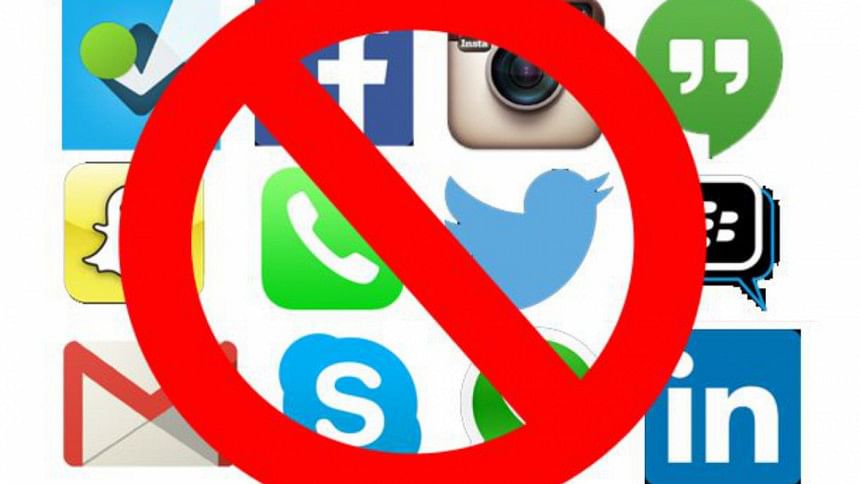A sad day for freedom of speech

It is regrettable that the Digital Security Bill has been enacted into law in spite of the objections from all concerned. The bill effectively curtails the freedom of speech and thus the very fundamentals on which democracy is built. If a law is meant to deliver greater good to the greater mass then the new Act, we are afraid, cannot pass the test.
We had made a last-ditch effort a few days ago in this very column to persuade the government not to pass the Bill without the suggested changes. But, deplorably, it was passed keeping the most stringent and anti-democratic provisions intact, riding roughshod over the sentiments of the editors and journalists and personalities belonging to various segments of the media.
There are two issues that are seemingly conflicting. One, the matter of cyberspace and the security associated with it. The other is the media, the existence and effective functioning of which depends on the degree of freedom of speech and freedom to opine on issues of national import, which is an index of a nation's progress. The Act, unfortunately, gives gross arbitrary powers to the agencies, like arrest without warrant and seizure, which threatens these very freedoms.
Technological applications are prone to exploitation and misuse, to the detriment of national interest and security, and appropriate measures must be in place to prevent that. But in order to curb crimes in the digital platform, the very basic human right of free speech and the freedom of the media have been curtailed.
It is a sad day for the country to see the parliament enact the much-dreaded Digital Security Bill into a law disregarding the genuine concerns.

 For all latest news, follow The Daily Star's Google News channel.
For all latest news, follow The Daily Star's Google News channel. 








Comments